Description
Neurologist Sigmund Freud is best known for developing the theories and methods of psychoanalysis, which are the core of modern psychiatric methods that rely on the patient talking about his problems without any obstacles. His theories and research have contributed to the treatment of many mental illnesses, and to explaining the behaviors of diverse societies and cultures. Although Freud devoted his life to the mental health of others, he was not immune to falling victim to some psychological disorders. He suffered from a fear of traveling, and he would faint in the presence of his talented colleagues. He was addicted to tobacco, smoking 28 to 30 cigars a day, which eventually led to his death. Although he was called the doctor of feelings, he admitted that he was completely unable to understand women, and he called them the Dark Continent. But despite all his shortcomings and the harsh criticism that his controversial theories were subjected to, his contributions still occupy an important place in psychiatry even after his death.

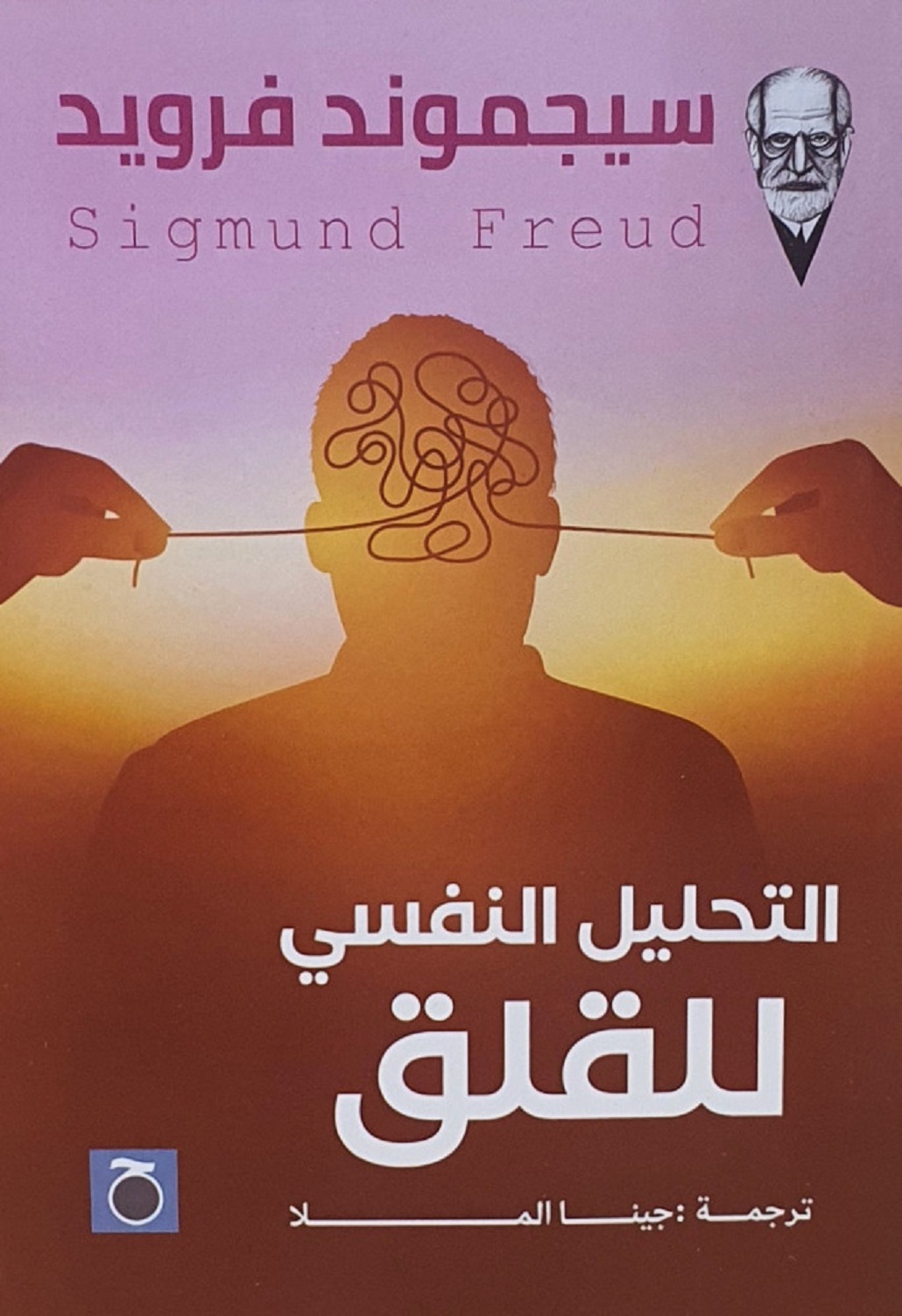

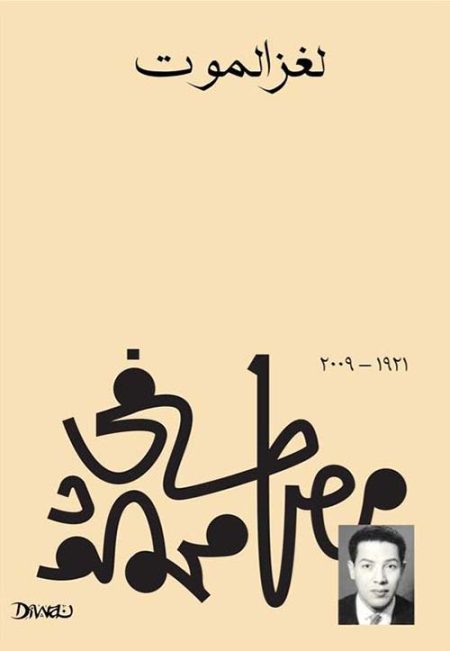
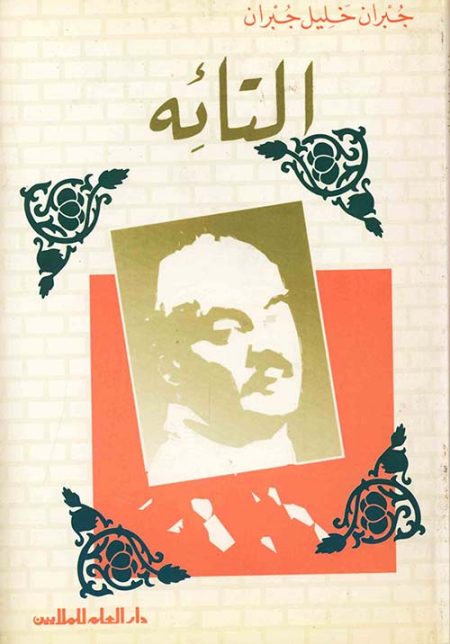
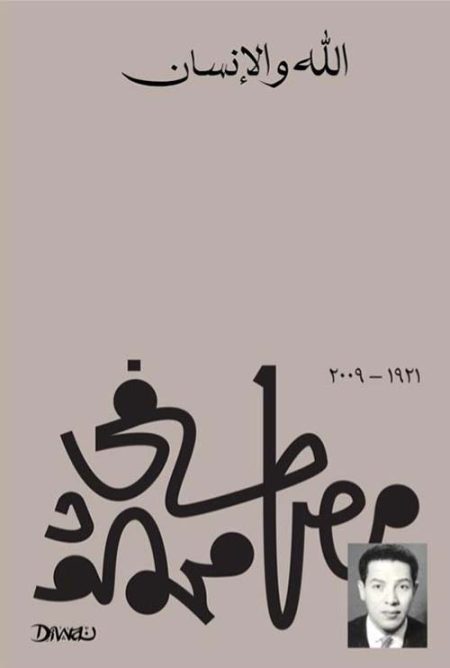

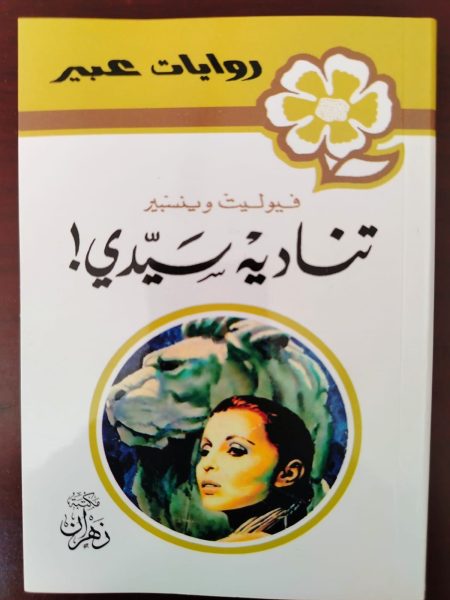



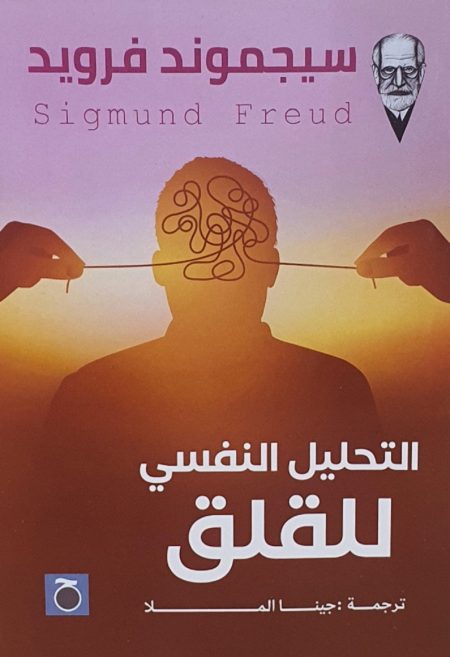
Reviews
There are no reviews yet.